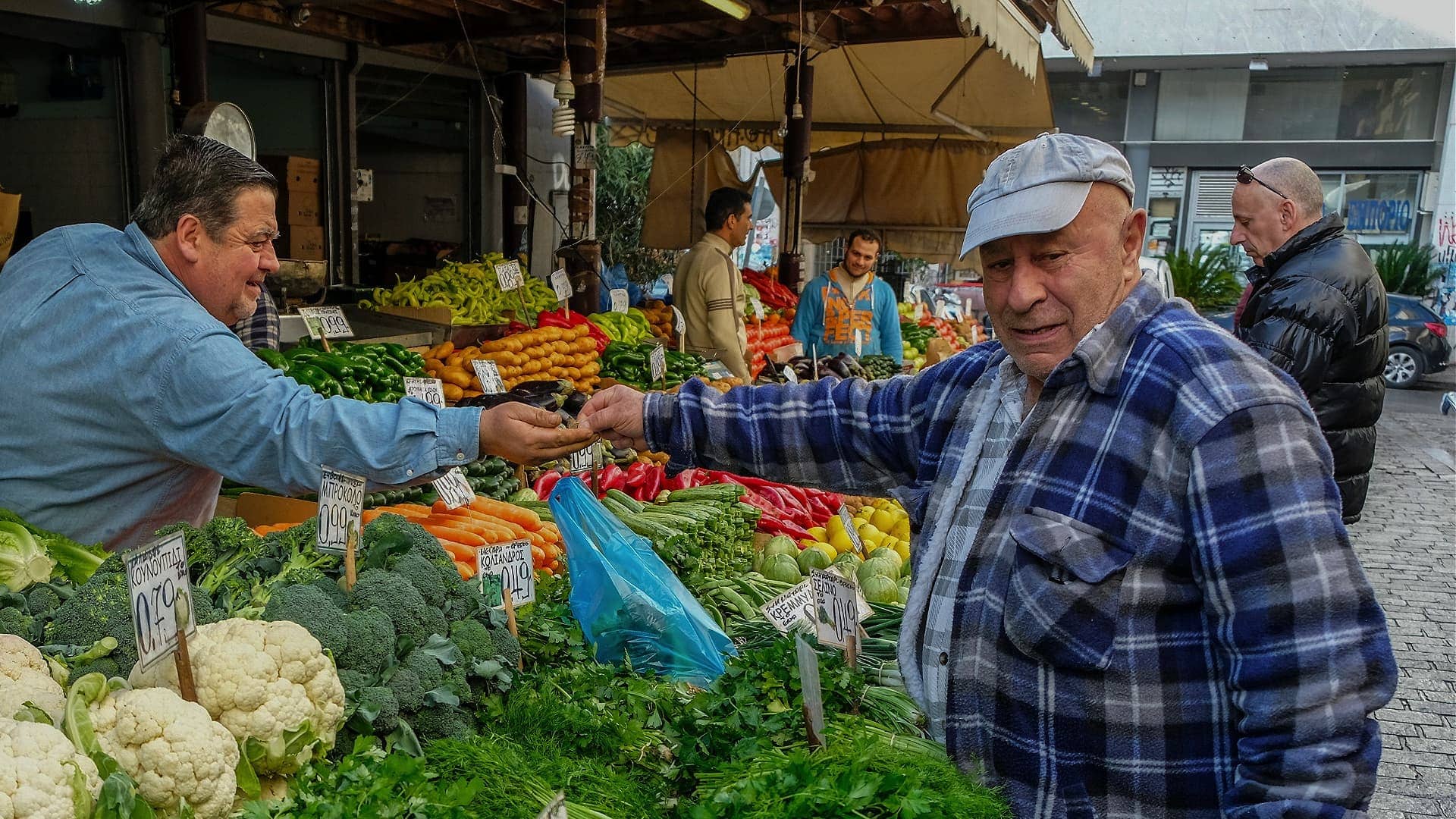Study Reveals How Mediterranean Diet Might Counteract Covid-19

New research demonstrated that flavonoids and hydroxytyrosol counteract some of the most deadly impacts of Covid 19, including cytokine storms and lung inflammation.

 Dec. 1, 2022
Dec. 1, 2022A new comprehensive review study shows how following a Mediterranean diet and consuming extra virgin olive oil might provide some protection against the worst effects of a Covid-19 infection.
Some evidence suggests that following the traditional Mediterranean diet might help prevent infection.
Compared to other diets, such as the Western diet, the Mediterranean diet seems capable of containing inflammation and inhibiting potentially deadly Covid-19 consequences such as cytokine storms.
See Also:Spanish Researchers Begin Trialing Olive-Derived Treatment for Long Covid
The research, published by the Journal of Physiology and Biochemistry, gathered the available data on key elements of the Mediterranean diet, such as its phenolic compounds, looking at their potential impact in preventing or treating Covid-19 infection.
“In contrast with the potential beneficial effects of the Mediterranean diet, Western diets are related to systemic inflammation, increased oxidative stress and lower immune response, and thus may increase the severity of Covid-19 patients,” the researchers wrote.
Advertisement
“These effects are due to their high content of saturated fat, refined carbohydrates and sugar, and to their low content of fiber,” they added.
In the introduction of the study, the researchers pointed out how the Mediterranean diet has been credited in several previous studies with reducing the risks of developing common severe conditions such as metabolic syndrome or cardiovascular disease.
“Current evidence supports the potential benefits that hydroxytyrosol, resveratrol, flavonols such as quercetin, flavanols like catechins, and flavanones on the order of naringenin could have on Covid-19,” the authors wrote.
However, the scientists acknowledged that the impacts of these polyphenols commonly found in Mediterranean diet foods on Covid-19 have yet to be proven.
Still, they wrote, “these bioactive compounds show biological activities that can be useful to prevent this infection and or to improve its prognosis.”
The researchers analyzed the properties of the polyphenols, such as their antioxidant activity, which might control inflammation and the release of free radicals.
More specifically, researchers highlighted how hydroxytyrosol suppresses two enzymes: Matrix metalloproteinase‑9 (MMP‑9) and Cyclo-oxygenase‑2 (COX‑2). MMP‑9 is considered responsible for allowing inflammation to spread to the lungs.
Scientists believe that MMP‑9 and COX‑2 play an active role in causing the cytokine storm, one of the most deadly conditions caused by Covid-19.
Hydroxytyrosol is one of the most relevant phenols in extra virgin olive oil due to its ability to protect blood lipids from oxidative stress. It is also credited with antiviral properties.
Researchers also observed in a laboratory setting that resveratrol, a polyphenol commonly found in Mediterranean diet foods, has demonstrated the ability to inhibit respiratory viruses.
One of the reasons for this impact is its ability to trigger the nuclear factor erythroid 2‑related factor 2 (Nrf2), which improves cellular antioxidant defenses. Both hydroxytyrosol and resveratrol are considered crucial in modulating the Nrf2 defenses.
“The activation of Nrf2 has been postulated as a potential therapeutic target against this disease since it is known to protect from lung injuries such as acute lung injury or respiratory distress syndrome,” the researchers wrote.
The paper’s authors believe that resveratrol could also help prevent excessive inflammation and result in even more benefits to patients with common conditions such as atherosclerosis or hypertension.
The flavonoids found in the Mediterranean diet were also investigated for their potentially beneficial impacts.
“The antibacterial and anticancer properties of flavonoids are widely known. Moreover, these compounds, commonly found in the Mediterranean diet, have the ability to sequester free radicals,” the scientists wrote.
While flavonoids might activate the Nrf2 pathway and modulate the inflammatory process, researchers warned that further studies are needed to assess such potential.
Flavonols such as quercetin might contribute to preventing the acute kidney damage caused by Covid-19, the activation of harmful macrophages and the protection of the Nrf2 factor.
The interest in quercetin’s anti-inflammatory and antiviral effects is also due to its ubiquity in foods highly associated with the Mediterranean diet, including apples, grapes and onions. “It represents the most abundant flavonoid in the human diet,” the researchers said.
In their conclusions, the researchers highlighted how the lack of evidence of polyphenols’ impact on Covid-19 should be addressed, and more studies are needed.
“Nevertheless, numerous studies have demonstrated that these molecules induce positive effects on several alterations induced by this disease under conditions other than SARS-COV‑2 infection, such as oxidative stress, inflammation, and thrombosis,” they wrote.
“This scientific information is valuable and suggests that the phenolic compounds of the Mediterranean diet may represent a potential protective factor against Covid-19. Still, caution must be taken when connecting preexisting data to this new infection”, the researchers added.
“In addition to the beneficial effects on Covid-19 outcomes mediated by their antioxidant and anti-inflammatory effects, the Mediterranean diet polyphenols can also act through other mechanisms that are not addressed in this review article,” they concluded.
Advertisement

 Paolo DeAndreis
Paolo DeAndreis

